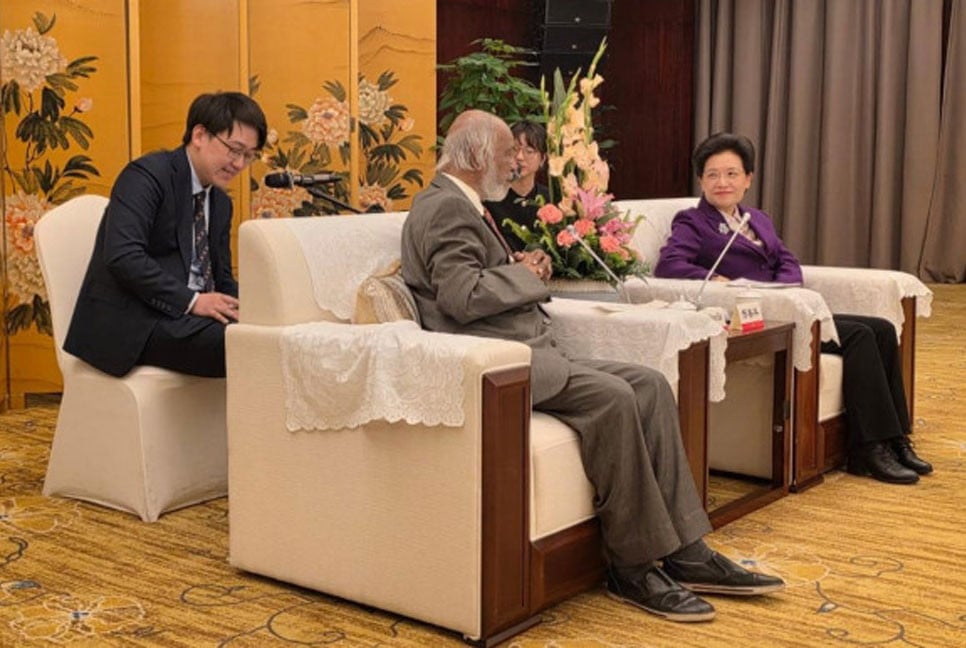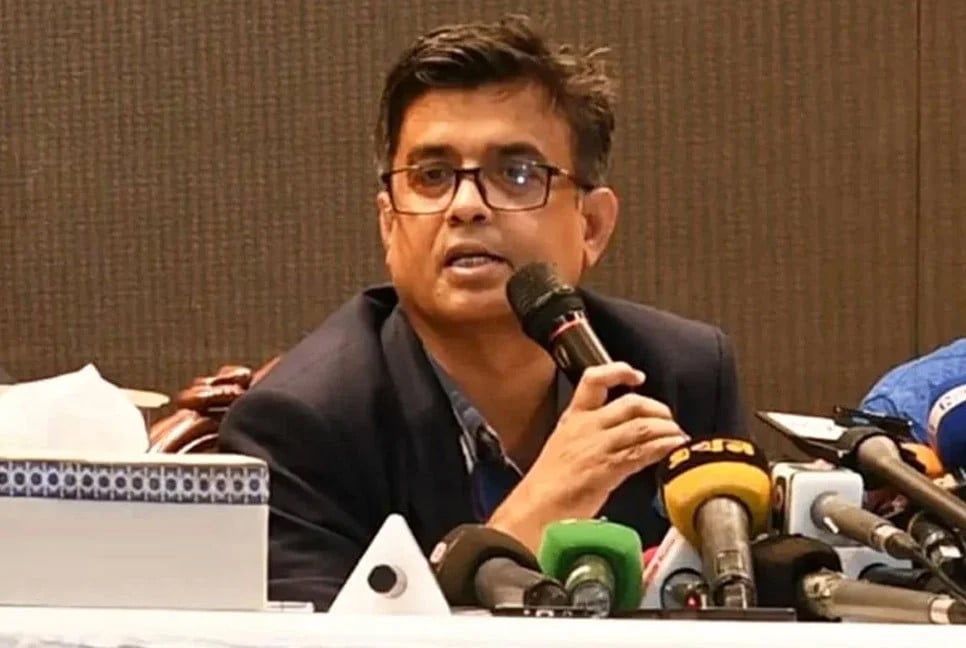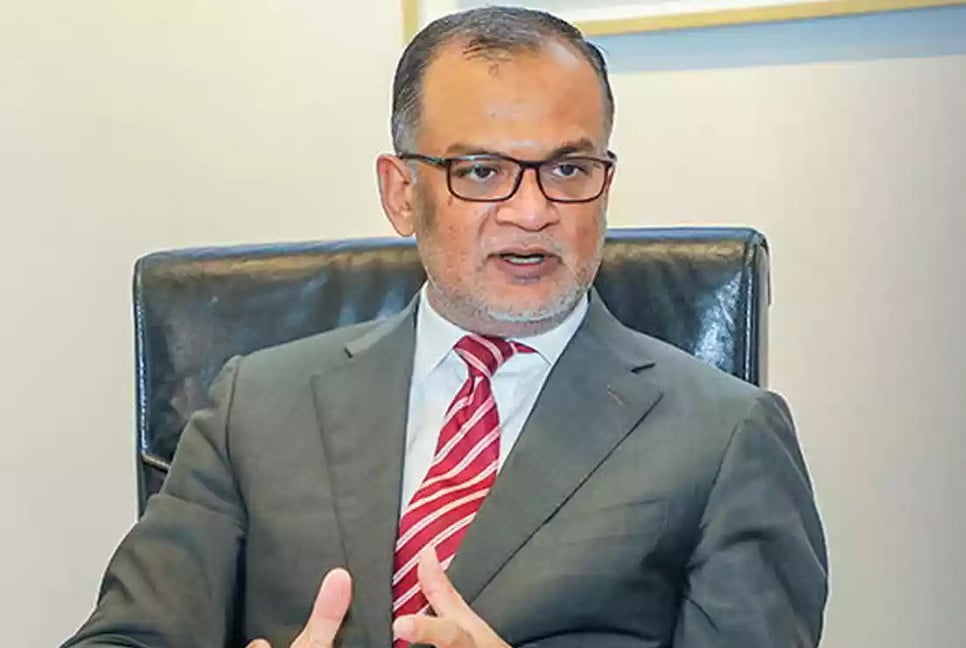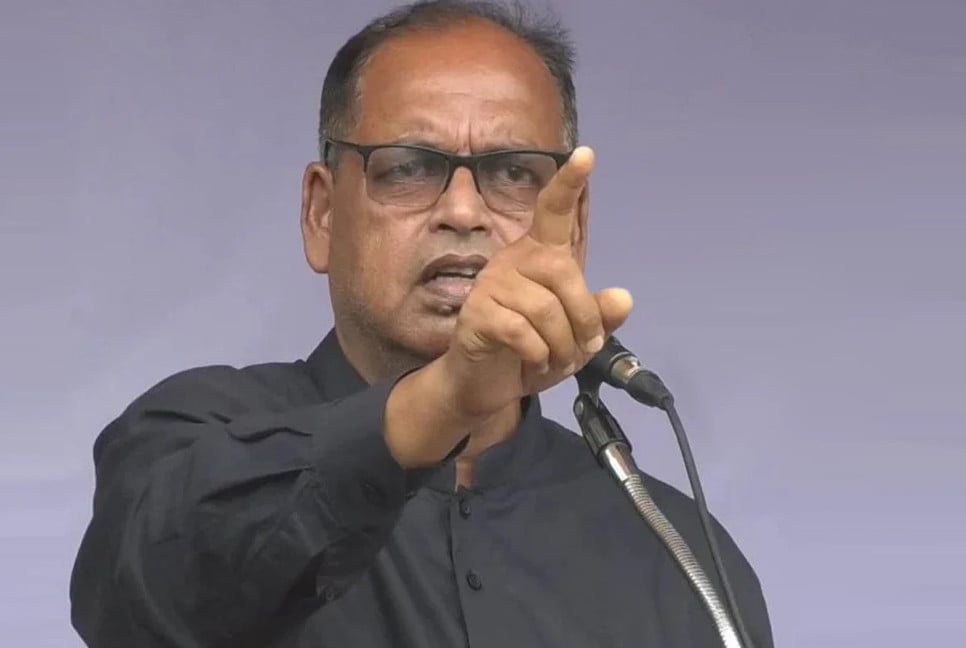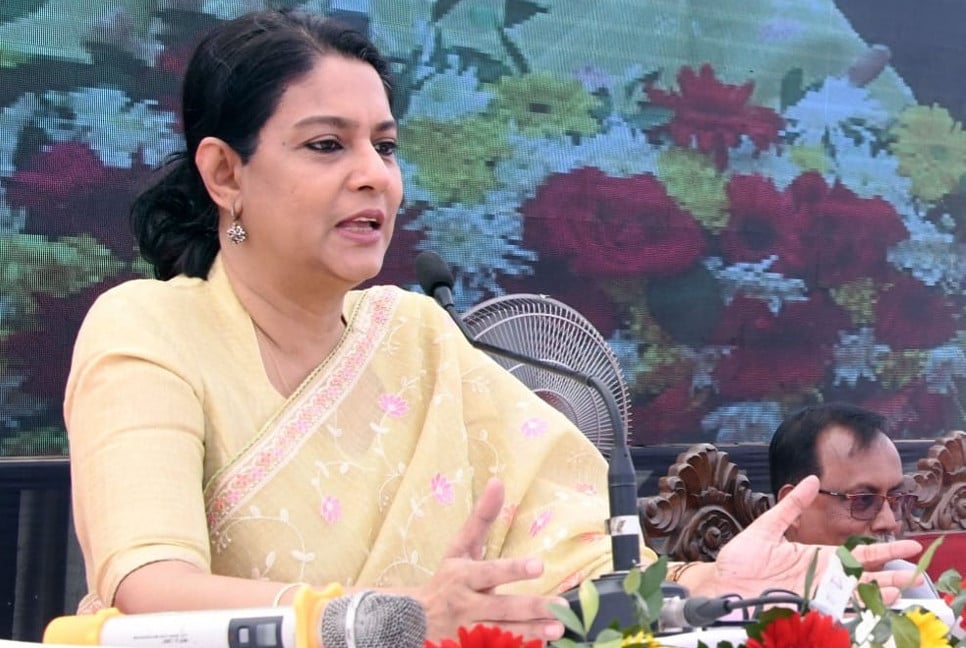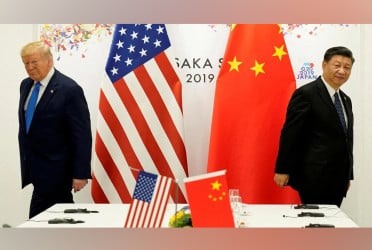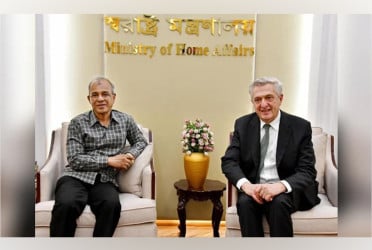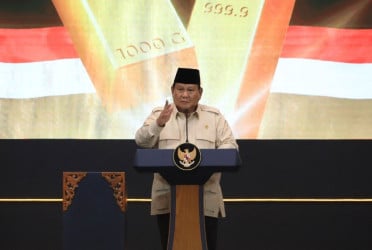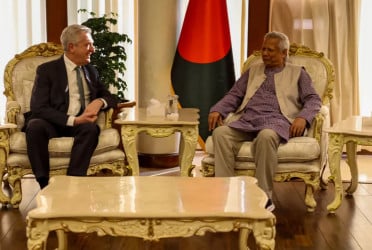BNP Standing Committee member Abdul Moyeen Khan announced on Thursday that if his party is elected in the upcoming election, it will sign an agreement with China to implement the Teesta River water management project. He made the statement during a meeting with a senior leader of the Communist Party of China (CPC), where he discussed the potential collaboration.
Moyeen noted that the Chinese ambassador to Bangladesh had recently proposed assistance for developing a project to manage the water of the Teesta River. "Your ambassador in Dhaka has made a clear proposal to help us with this project," Moyeen said during the meeting with CPC Deputy Secretary of the Shaanxi Provincial Committee, Xing Shanping. He added that the Chinese offer was made with sincerity to benefit the thousands of people living along the riverbanks.
The BNP leader confirmed that, if elected, his party would be happy to sign a deal with China to develop the Teesta Barrage. He also mentioned that Chinese Ambassador to Bangladesh, Yao Wen, had expressed plans to visit the Teesta Barrage area personally.
Earlier in the week, Moyeen led a 21-member delegation, including leaders from eight political parties, to China for an 11-day visit at the invitation of the CPC. He pointed out that the current government is not pursuing the Teesta project, as it is a transitional administration. "A stable government will be formed through elections, which will have the capacity to sign the deal and execute the project," he said.
Moyeen emphasized that China's assistance on the Teesta project could significantly contribute to modernizing Bangladesh's agriculture by improving irrigation systems. He compared this to China’s success with the Huang He River, once known as "China's Sorrow," which has now been transformed into an advanced agricultural and irrigation system thanks to China's technological and engineering advancements.
The BNP leader expressed hope that the Teesta River could be similarly transformed to benefit farmers in Bangladesh's northern regions. He also voiced his desire for continued Chinese support in modernizing Bangladesh's agriculture and irrigation systems, as well as in infrastructure development.
Reflecting on the historical ties between Bangladesh and China, Moyeen highlighted that while formal diplomatic relations were established 50 years ago by BNP founder Ziaur Rahman, the trust between the two nations stretches back thousands of years. He also noted the increasing number of Bangladeshi students pursuing higher education in China, particularly in science, technology, and modern disciplines.
Moyeen called on China to offer more scholarships and enhance student exchange programs to help provide quality education to Bangladeshi students. In terms of trade, he suggested that China could meet the needs of the Bangladeshi people by supplying high-quality essential items at affordable prices.
In response, CPC Deputy Secretary Xing Shanping reaffirmed China's commitment to strengthening bilateral ties with Bangladesh. She assured that China would continue to support Bangladesh’s development and welfare, stating, "We want to deepen our bilateral cooperation further in the coming years." Xing expressed China’s keen interest in investing in sectors such as agriculture, clean energy, education, science and technology, and infrastructure development in Bangladesh.
The meeting was attended by various notable figures, including BNP Legal Affairs Secretary Kayser Kamal, General Secretary of Jatiyatabadi Krishak Dal Shohidul Islam, General Secretary of Jubo Dal Nurul Islam Nayon, General Secretary of Swechchhasebak Dal Razib Ahsan, and other senior members of the delegation.
Earlier in the trip, the Bangladeshi delegation visited Xi'an Jiaotong University in Shaanxi province, where they engaged in discussions with faculty and Bangladeshi students. Moyeen expressed his gratitude for the opportunity provided to Bangladeshi students to study science and technology at one of China’s leading universities, calling the experience "wonderful" and emphasizing the importance of continued academic collaboration between the two countries.
Bd-pratidin English/ Jisan

